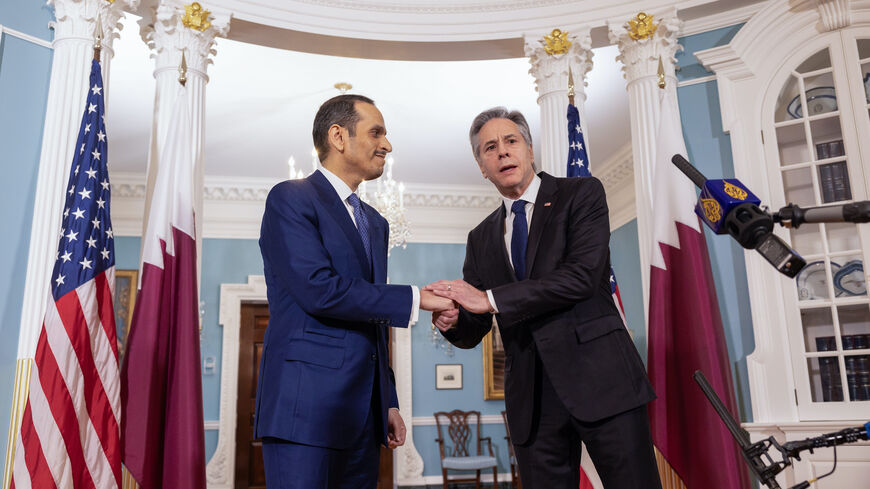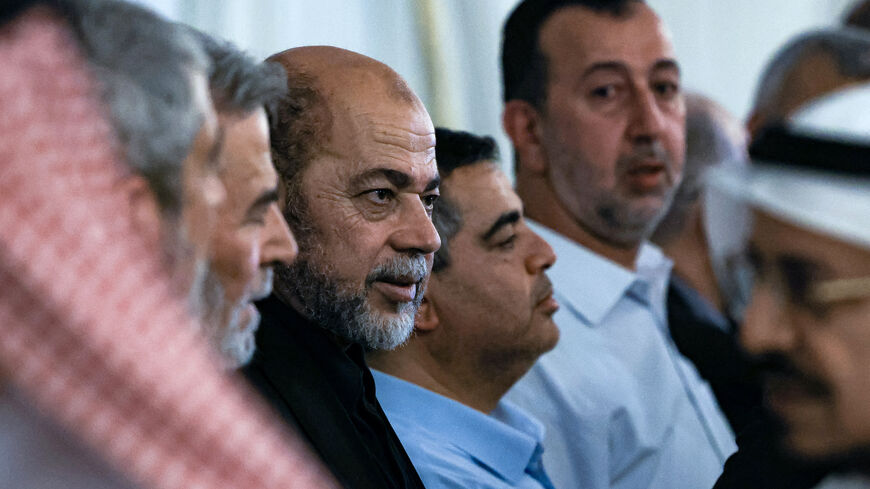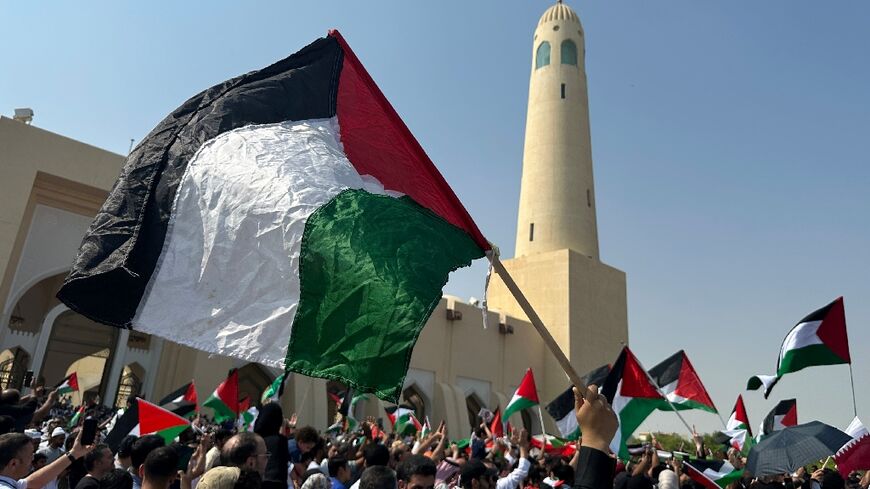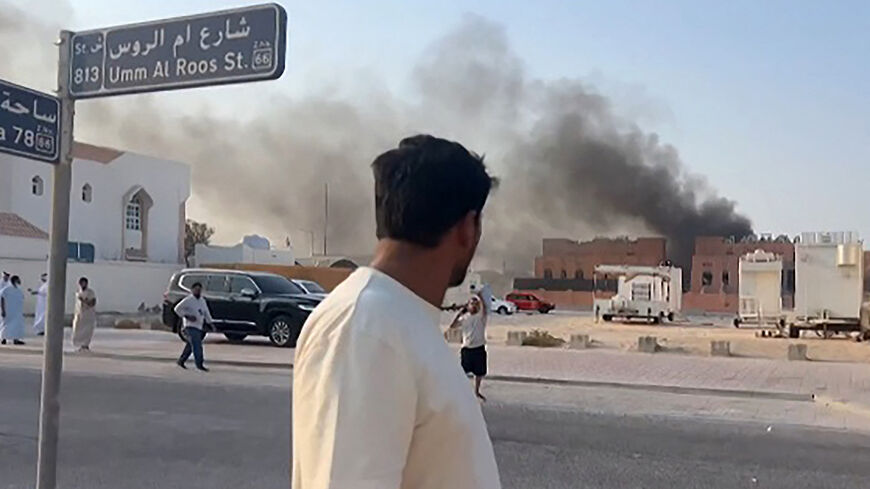Qatar 'reevaluating' Hamas-Israel mediation role amid mounting criticism
Qatar, alongside the US and Egypt, has mediated talks between Israel and Hamas on a cease-fire in exchange for the release of hostages taken in the militant group’s Oct. 7 attack.

ANKARA/WASHINGTON — Qatar’s prime minister said on Wednesday that his country is reevaluating its mediation role between Israel and Hamas.
“At this point right now, we are reevaluating our role as mediators and how the parties are engaged with this mediation,” Prime Minister Sheikh Mohammed bin Abdulrahman Al Thani said during a press conference with his Turkish counterpart in Doha.
In an apparent jab at pro-Israel members of Congress and some Israeli officials, Sheikh Mohammed accused “politicians with narrow interests” of harming Qatar with their “destructive statements.”
Qatar, which for more than a decade has hosted Hamas’ political office in Doha, has helped lead the negotiations between Israel and the Palestinian militant group. As the hostage talks stalemated, Republicans and increasingly some Democrats have accused Qatar of failing to leverage its relationship with the US-designated terrorist group that it's sheltering.
A bipartisan group of eight senators, which included the Democratic chairman of the Senate Foreign Relations Committee, Ben Cardin, released a statement in March calling for Qatar to expel Hamas’ political leaders if talks fail.
Earlier this month, a group of Republican senators introduced legislation that would revoke Qatar’s status as a major non-NATO ally unless it “expelled or agreed to extradite” Hamas members living in the country.
The Persian Gulf state frequently serves as an intermediary for the United States and its adversaries, including Russia and Iran as well as regional Islamist movements. It says the Obama administration requested that Qatar host Hamas’ self-exiled political leaders so that indirect lines of communication could be established with the militants.
Since a short-lived truce collapsed in early December, Qatar, along with the United States and Egypt, has negotiated the framework for a temporary cease-fire between Hamas and Israel. The first phase of the deal envisions a six-week pause in the fighting, during which Hamas would free around 40 of the roughly 100 hostages believed to still be alive in return for Israel’s release of a significant number of Palestinian prisoners.
On Tuesday, Rep. Steny Hoyer (D-Md.) called for Qatar to threaten Hamas with “repercussions” if it doesn’t accept the hostage deal on the table. If the Qatari officials do not apply this pressure, “the United States must reevaluate its relationship with Qatar,” he said.
The Qatari Embassy in Washington issued a statement calling Hoyer's comments “not constructive.”
“It is certainly tempting to do as he suggests and walk away from seemingly intransigent parties,” the embassy added. “After all, neither of the warring parties does anything for Qatar.”







